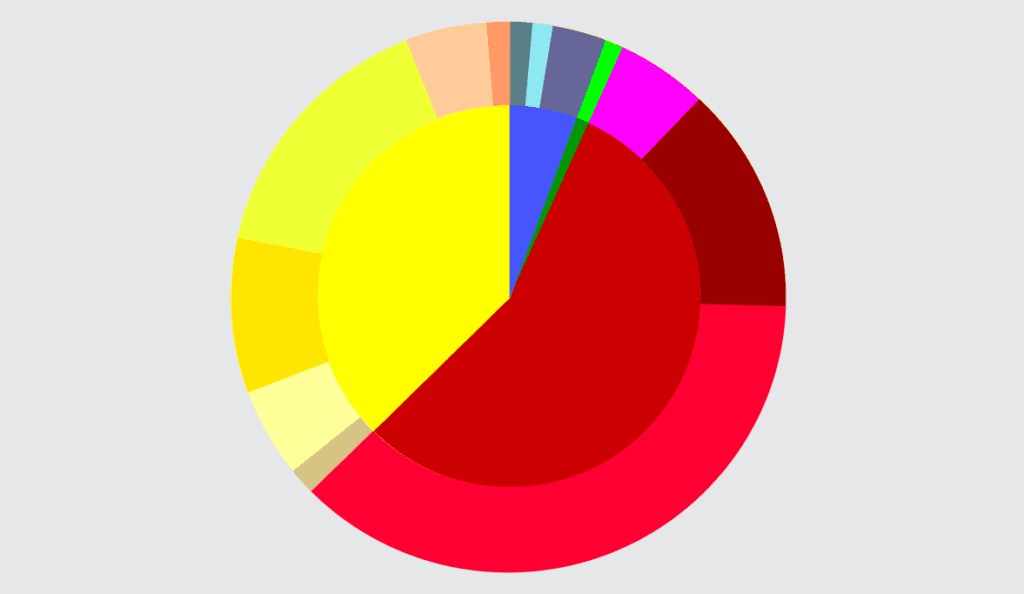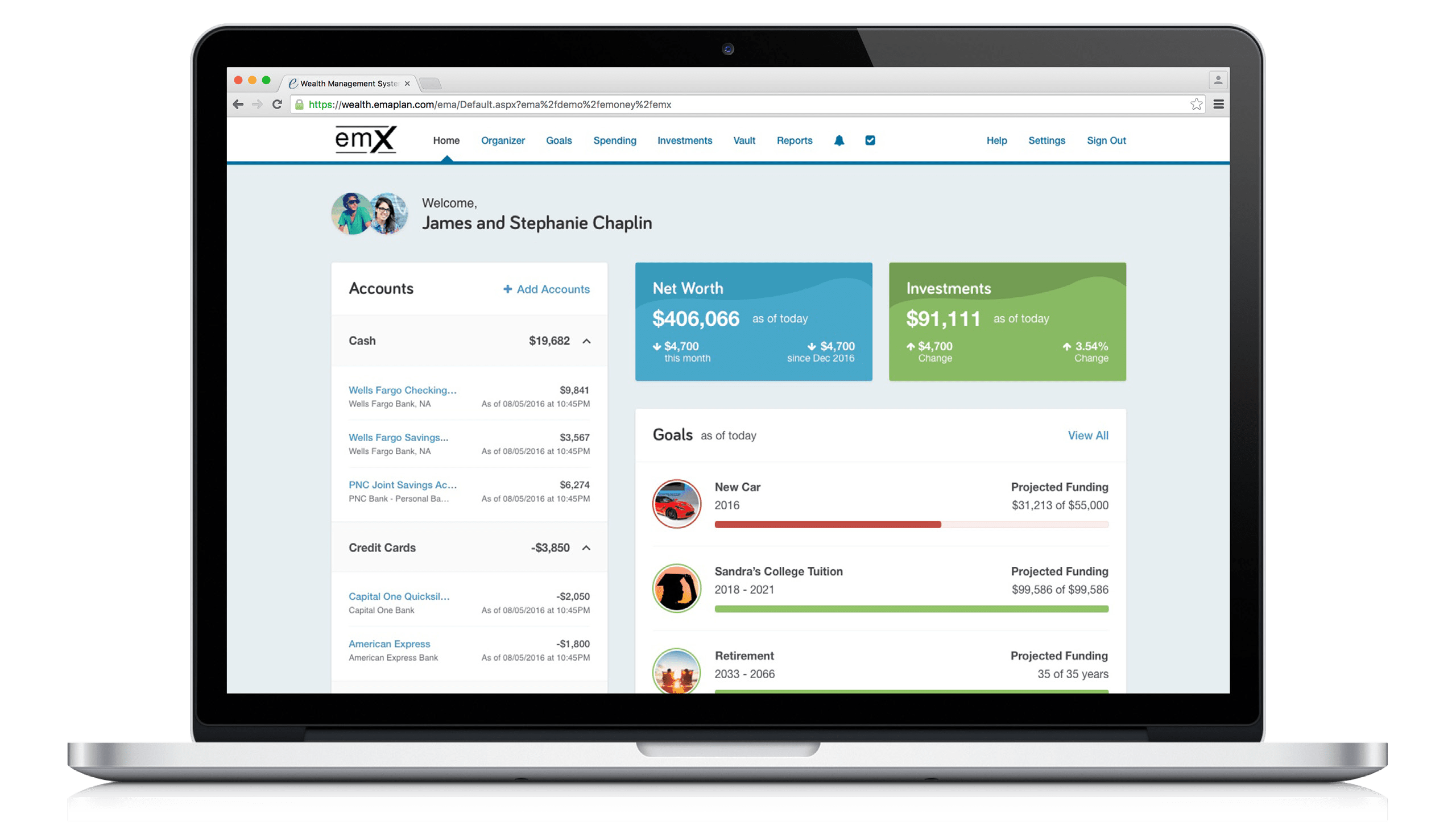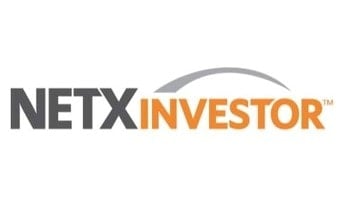Browse By Category or Search
Subscribe
"*" indicates required fields
You can unsubscribe anytime
You’ve probably done it all your life. First you (or your parents) enrolled you in a good kindergarten. From there, you ‘graduated’ to a solid grade school. Then came an excellent high school, after which you were lucky (and hard-working) enough to be admitted to a top-notch university. It’s been a step-by-step – and well laid-out – progression your whole life.
Isn’t that how careers (and lives) are supposed to work? All nicely laid out with one pre-ordained step after the other?
Yes, investment returns matter. But your basic assumptions about and behavior toward money will probably impact your finances – and your eventual wealth – more than you currently imagine.
We’ve written recently about the relationship between personality and financial behavior. And it’s a well-known fact that wealth accumulation and investment management is affected as much, if not more, by non-financial factors as by financial ones. Because financial outcomes depend so heavily on behavior, how you manage your emotions in connection with your finances plays a huge role in the type of investing and financial management experiences you have. In particular, the emotional urge to “do something” in response to short-term changes in market conditions often delays or derails many investors’ progress toward their long-term financial goals.
A recent article in the Wall Street Journal explores an intriguing proposition: “How Your Personality Can Affect Your Portfolio.” It’s worth paying attention to, especially given the effort that so many of us expend to improve our financial outcomes.
There is a good reason why money frustrates so many people. It frequently works in ways that are simply unnatural for our hunter-gatherer brains to grasp.
For 2023, the Internal Revenue Service has increased the allowable maximum contributions to health savings accounts (HSAs) and flexible spending accounts (FSAs). For HSAs, the new limit is $3,850 for single-individual plans and $7,750 for family plans. For FSAs, the new limit is $3,050 for healthcare plans, while the limit for dependent care plans remains unchanged at $5,000 per household. In addition to the new, higher limits for contributions, there are some points to consider for those using or considering the use of either an HSA or an FSA. Let’s take a look.








